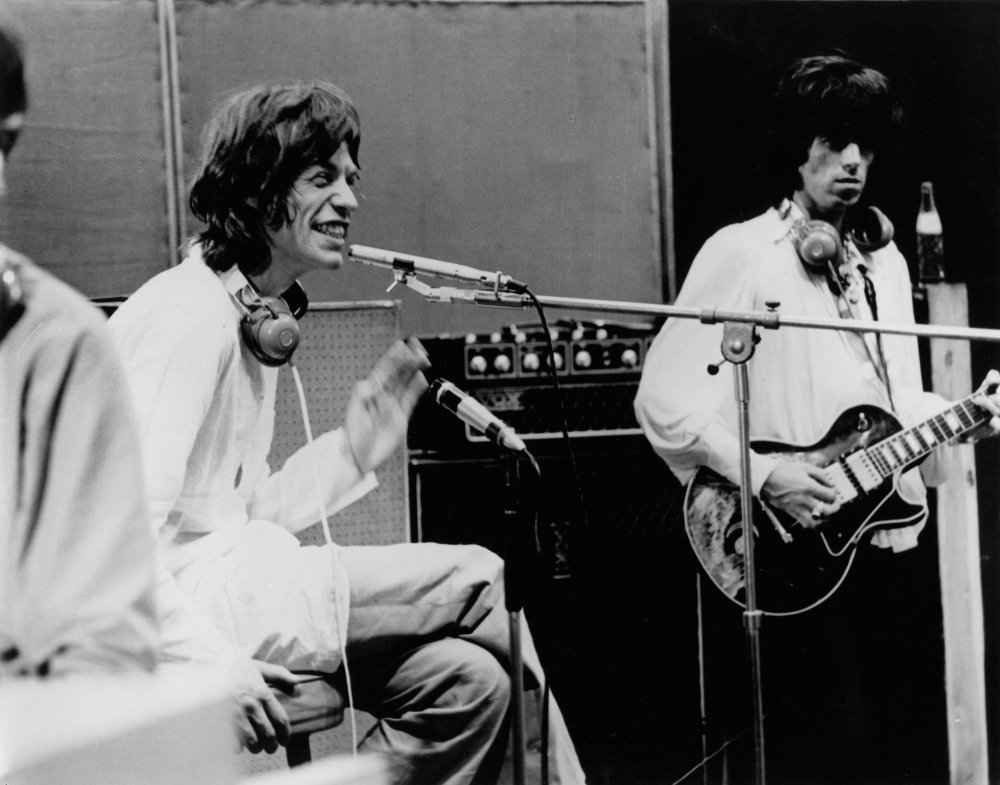
What song is going through my head? An old one, old, "Dreams of Milk and Honey" by Leslie West and Mountain, from the second side of their album Flowers of Evil, recorded at the Fillmore East in NYC in 1971. It is one of the great moments of Hard Rock guitar, with a great, lumbering riff that distorts and buzzes on the low strings with crushing bends and harmonics squealing at some raging pitch that might make one think of natural calamity, a force no power could withstand. West, never the most fluid guitarist, had, all the same, a touch, a feel, a sense of how to mix the sweet obbligato figures he specialized in with the more brutal affront of power chords and critically rude riff slinging. The smarter among us can theorize about the virtues of amplified instrumentation attaining a threshold of sweetness after the sheer volume wraps you in a numbing cacophony, but for purposes here it suffices to say, with a wink, that is a kind of music you get and accept on its own truncated terms or ignore outright. His guitar work was a brick wall you smashed into at an unheard number of miles an hour and, staring up at the sky, you noticed the bloom of a lone flower, not to mention a halo of tweeting birds and la-la music.
There is an aesthetic at work here, but it might as well come to saying that you had to be me, at my age, in 1971 when I was struck by this performance to understand a little of why I haven't tossed the disc into the dustbin. He is in absolute control of his Les Paul Jr., and here he combines with bassist Felix Pappalardi and drummer Corky Laing in some theme and variation that accomplishes what critic Robert Christgau has suggested is the secret of great rock and roll music, repetition without tedium. There are no thousand-note blitzkriegs, no tricky time signatures, just tight playing, a riffy, catchy, power-chording wonder of rock guitar essential-ism. I've been listening to this track on and off since I graduated from high school, and it cracks me up that my obsession with this masterpiece of rock guitar minimalism caused a few my friends to refer to me listening yet again to my personal "national anthem." This is the melodic, repetitive grind I wished life always were, endlessly elegant and stagnant, shall we say, in perfect formation of the senses, hearing, smell, taste, the arousal of dormant genitalia, all big and large and grinding at the gears that sing sweet mechanical song of intense love heavier than any metal beam you might care to bite into. The combination of Felix Papalardi's whiny voice singing his wife's bullshit lyrics can ruin any buzz you have going for you. It's the live material that kicks it, with lots of fat, snarling Leslie West guitar work twisting around a punchy set of slow, grinding, distorted hard rock. Yes, arrangements do count, even in rock and roI might have even lit a Bic lighter for this tune. is something beautiful in that as well but, alas, the end result of that is the end waxing poetic. Alas. Sing it, Leslie.












